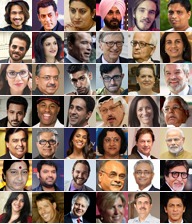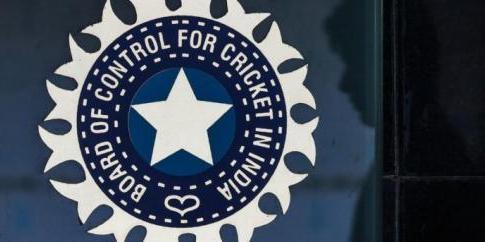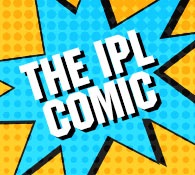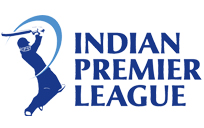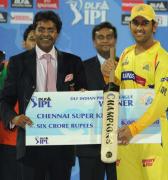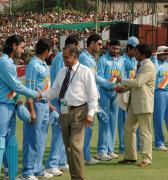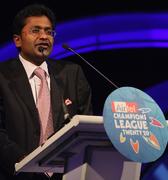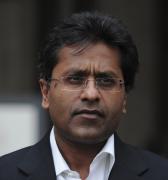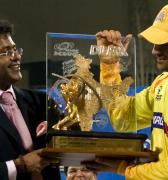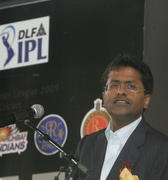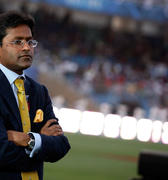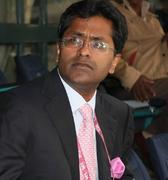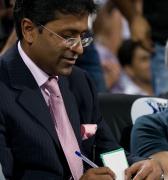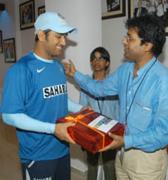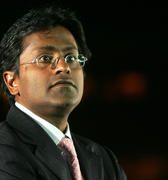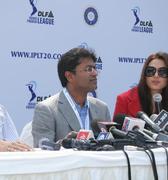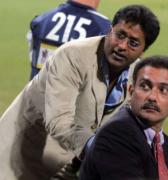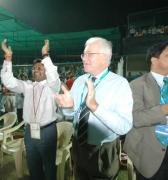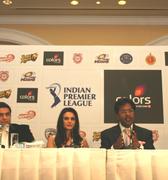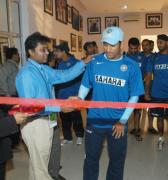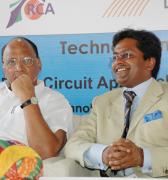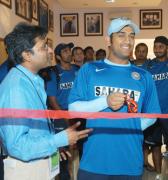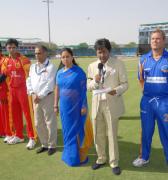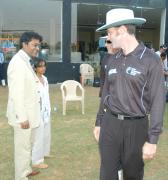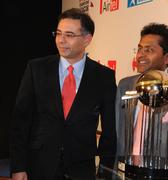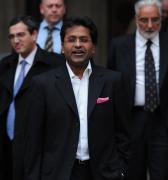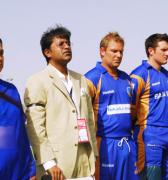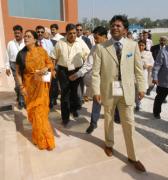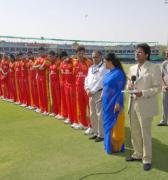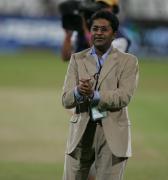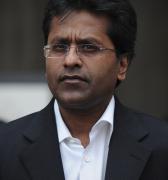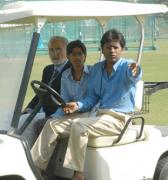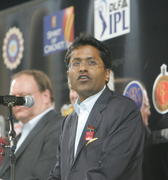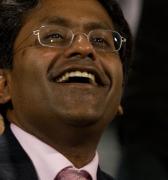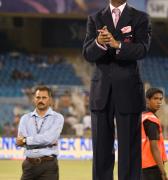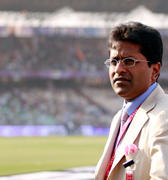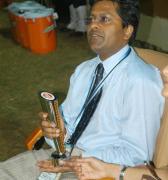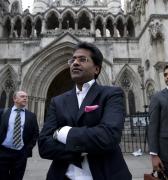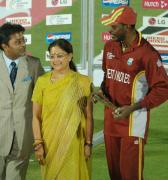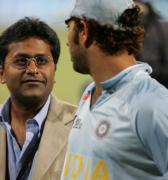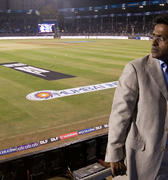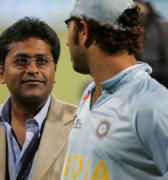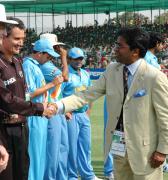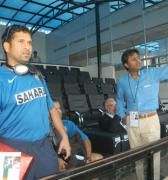Three of the biggest companies to have signed a contract with BCCI in recent times — MPL, Dream11 and Paytm First Games — have products that, as it stands, cannot be used in at least six Indian states: Andhra Pradesh, Assam, Odisha, Telangana, Nagaland and Sikkim.
A seventh, Tamil Nadu, who recently passed an ordinance ‘to ban online gaming’, may also outlaw these fantasy/real money gaming platforms (Paytm First Games is the online gaming arm of Paytm). It’s been reported that Karnataka, too, is mulling a similar law. Why is this the case? Since any form of betting or gaming is a state subject, states are free to devise independent frameworks.
For example, even if the Supreme Court has held that rummy is a ‘game of skill’, states have banned it. Even if a few high courts around the country have held that Dream11 constitutes a ‘game of mere skill’ and is exempt from the provisions of the Public Gaming Act, states have used their frameworks to ban it.
“Due to recent changes to the Gaming Act in the State of Andhra Pradesh, users from the state will not be able to join paid contests on Dream11. The laws in Assam, Odisha, Telangana, Nagaland and Sikkim are unclear on games of skills may be played for a fee. Hence, residents of these states are also not permitted to play pay-toplay formats of any online games,” reads a notice on the Dream11 website.
Virat Kohli endorses MPL, one of thecompanies banned by state governmentsSimilar notices can be found on the websites of MPL and Paytm First Games. MPL has added TN to the list of states where their games cannot be played. Dream11 is the title sponsor of IPL, MPL sponsors jerseys worn by Indian teams and Paytm is the title sponsor for international and domestic cricket held in India. How does this make the BCCI feel, knowing that the companies it has tied up with cannot be accessed by around 13% of the population.
“If it’s the law of the land, it’s the law of the land,” the board’s treasurer, Arun Dhumal, told this daily.
“There’s nothing we can do about it. We are fine with it.” It’s important to state that the BCCI is more than entitled to sign contracts with these companies and they do not violate any law, but what’s interesting is that there could be a moral angle to this issue.
TN and Andhra have come up with ordinances after people allegedly took their own lives after losing money in online gaming. It’s also why the Madurai Bench of Madras High Court issued notices to Sourav Ganguly, Virat Kohli and actors Prakash Raj, Tamannah Bhatia for their involvement in online sports app advertisements.
Asked whether they were worried because a few state governments passed ordinances or could in the future, a Paytm First Games spokesperson said: “We are waiting for the official communication from (the) government. We will take action accordingly.”
TN’s ordinance states: “ (...) no person shall wager or bet in cyberspace using computers, computer system, computer network, computer resource, any communication device or any other instrument of gaming, by playing rummy, poker or any other game.” The wording has led to a debate, with lawyers still trying to decode whether or not the likes of Dream11, MPL and Paytm First Games could be banned under the ordinance. “There’s potential for ambiguity in the drafting,” noted sports lawyer Nandan Kamath.
“Online poker and online rummy, as they’ve been explicitly named, stand banned if played for stakes... The ‘other games’ part of the ordinance is open to interpretation. That prohibition is limited to other games of chance, and not games of skill that can continue to enjoy the exception available to them.” Vidushpat Singhania, another eminent sports lawyer, sang from the same hymn sheet.
“I would say there is some ambiguity. But if the TN government wanted to include Dream 11, MPL and Paytm First Games in the list, they can very well do so in the future.”
The Centre is watching these developments closely. On Tuesday, the Advertising Standards Council of India introduced guidelines “to make real-money gaming advertising safer and more responsible”. A press release said: “The guidelines have been developed to ensure that such advertising makes users aware about risks are associated with online games with real money winnings.” The ads that showed Kohli, Ganguly et. al. didn’t have caveats.
The guidelines:
1. No gaming advertisement may depict any person under the age of 18 years, or who appears to be under the age of 18, engaged in playing a game of ONLINE GAMING FOR REAL MONEY WINNINGS, or suggest that such persons can play these games
2. Every such gaming advertisement must carry the following disclaimer:
Print/static: This game involves an element of financial risk and may be addictive. Please play responsibly and at your own risk
a. It should also SPECIFICALLY meet disclaimer guidelines
b. It should also SPECIFICALLY meet disclaimer guidelines 4 (i) (ii) (iv) and (viii) laid out in the ASCI code
Audio/video: “This game involves an element of financial risk and may be addictive. Please play responsibly and at your own risk.”
a. Such a disclaimer must be placed in normal speaking pace at the end of the advertisement
b. It must be in the same language as the advertisement
c. For audio-visual mediums, the disclaimer needs to be in both audio and visual formats
3. The advertisements should not present ‘Online gaming for real money winnings’ as an income opportunity or an alternative employment option.
4. The advertisement should not suggest that a person engaged in gaming activity is in any way more successful as compared to others
(Courtesy: The New Indian Express)




